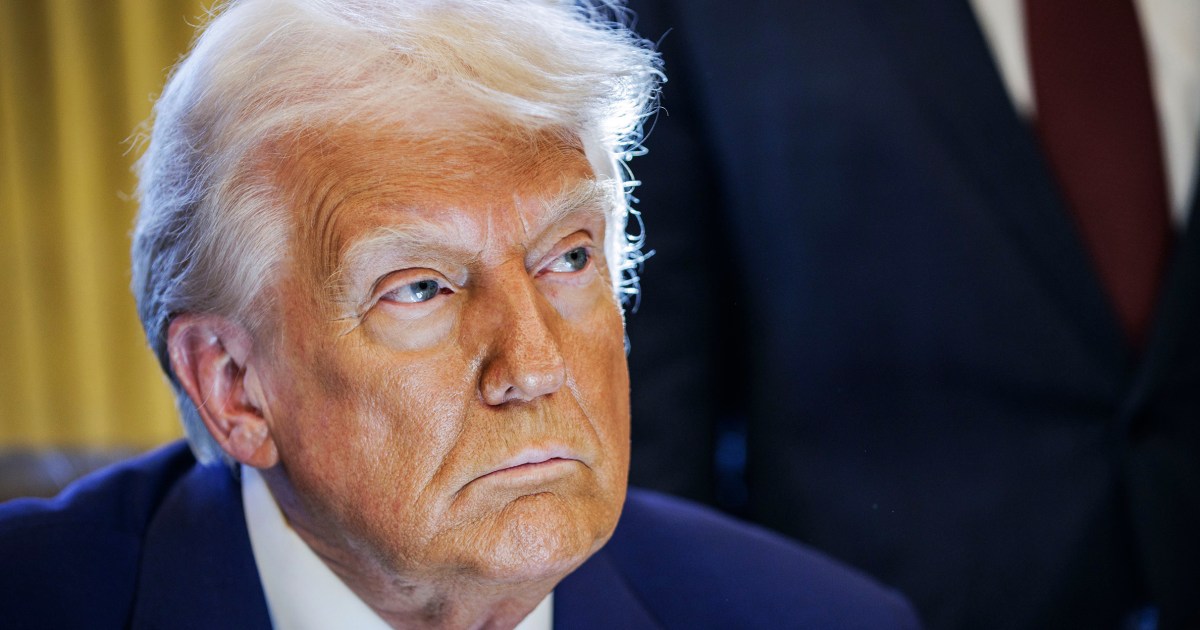In response to the arrival of the LIV circuit and its $20m (£16m) tournaments, the PGA Tour has responded with a series of ‘Signature Events’ which offer similar rewards.
The four majors, including The Open – which is now worth $17m – have also boosted purses in response. However, Slumbers said: “It’s not financially sustainable.
“I don’t fully understand all the nuances of all the business models that are out there in professional golf, but I’ve got a pretty good understanding of it. And I don’t believe it is sustainable, whether that’s today or tomorrow.
“It needs to be addressed and I think that the regular consumer of our game is turned off by it being led by a financial driver.”
Slumbers added: “We’ve got to go back to leading with values and history of the game.
“And if we can get those together the professional game will reconnect and will connect very well because there are some fantastic players out there playing brilliant golf and people do want to see it.”
The professional element is mired in its so called ‘civil war’. Slumbers points to “divisiveness” causing “reputational challenges” and “damage to the game”.
“And we’re seeing that in terms of audience figures in a number of events,” he added.
Paradoxically, participation in golf has boomed – especially in global territories outside the United States and Mexico, which are administered by the R&A. The initial significant boost came in the wake of the 2020 Covid pandemic.
“We’ve grown more since Covid than we did during Covid,” Slumbers observed. “We now have 62.3m people consume golf and that’s a million higher than it was a year ago and it’s 10 million higher than it was in 2018.
“I don’t think many sports have kept all their Covid bounce like golf has, and perhaps that’s a story that’s not been told nearly well enough.”
And he believes it is no longer the game’s biggest stars such as Tiger Woods, Rory McIlroy and world number one Scottie Scheffler who are the prime drivers of interest in the sport.
“I think there was a feeling in the game, let’s call it a pre-covid feeling, that you needed the big personalities playing in the professional game and then the recreational game would follow,” Slumbers said.
“And I think that has been turned upside down, and while key players do drive interest, it’s not as generic or broad – I believe – as it was 20 years ago, maybe even 10 years ago.
“That may be a little bit to do with the challenges we’re going through, it may be a little bit to do with societal change.
“It may be a lot to do with the fact that the recreational game is now so much bigger, and much broader and diverse in the type of people who are playing it.”








